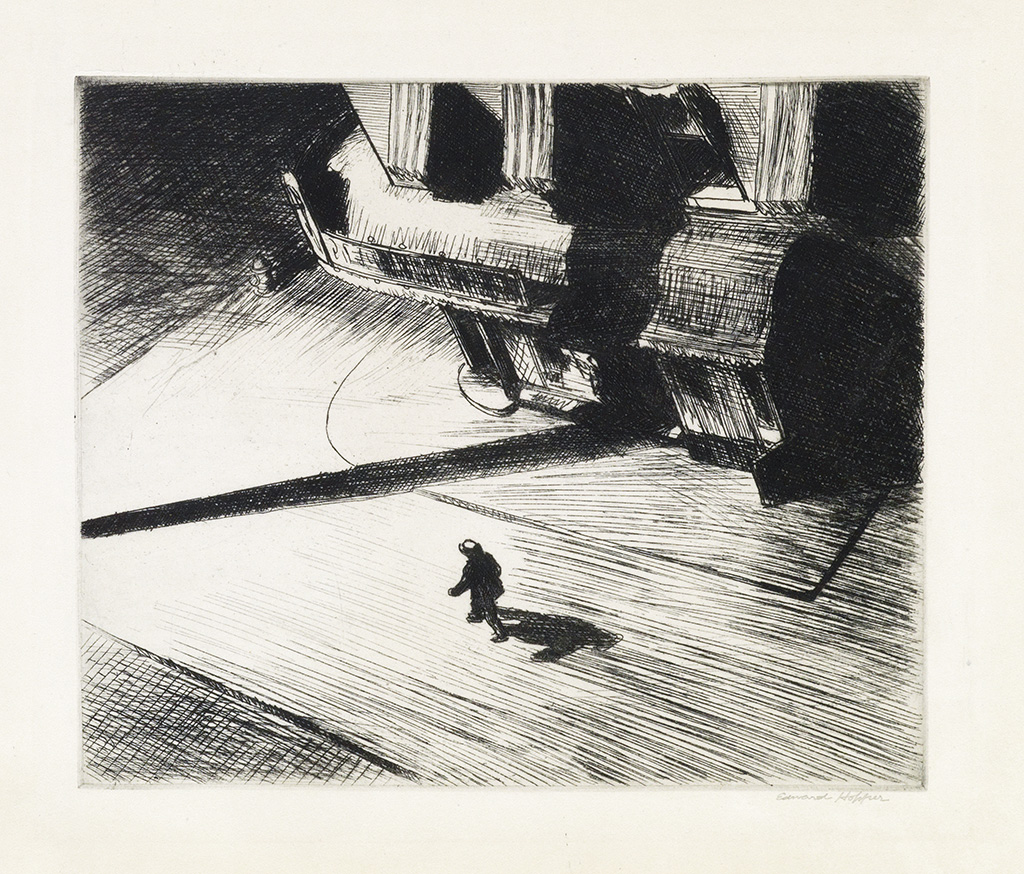Sale 2329 - Lot 211
Price Realized: $ 23,400
?Final Price Realized includes Buyer’s Premium added to Hammer Price
Estimate: $ 25,000 - $ 35,000


Aliquam vulputate ornare congue. Vestibulum maximus, libero in placerat faucibus, risus nisl molestie massa, ut maximus metus lectus vel lorem.